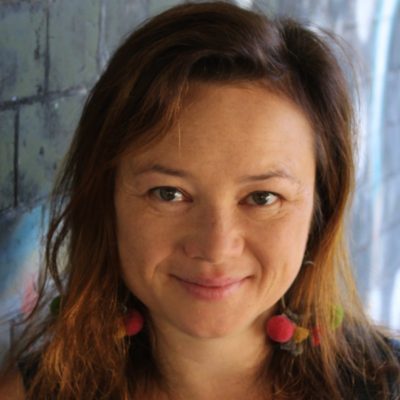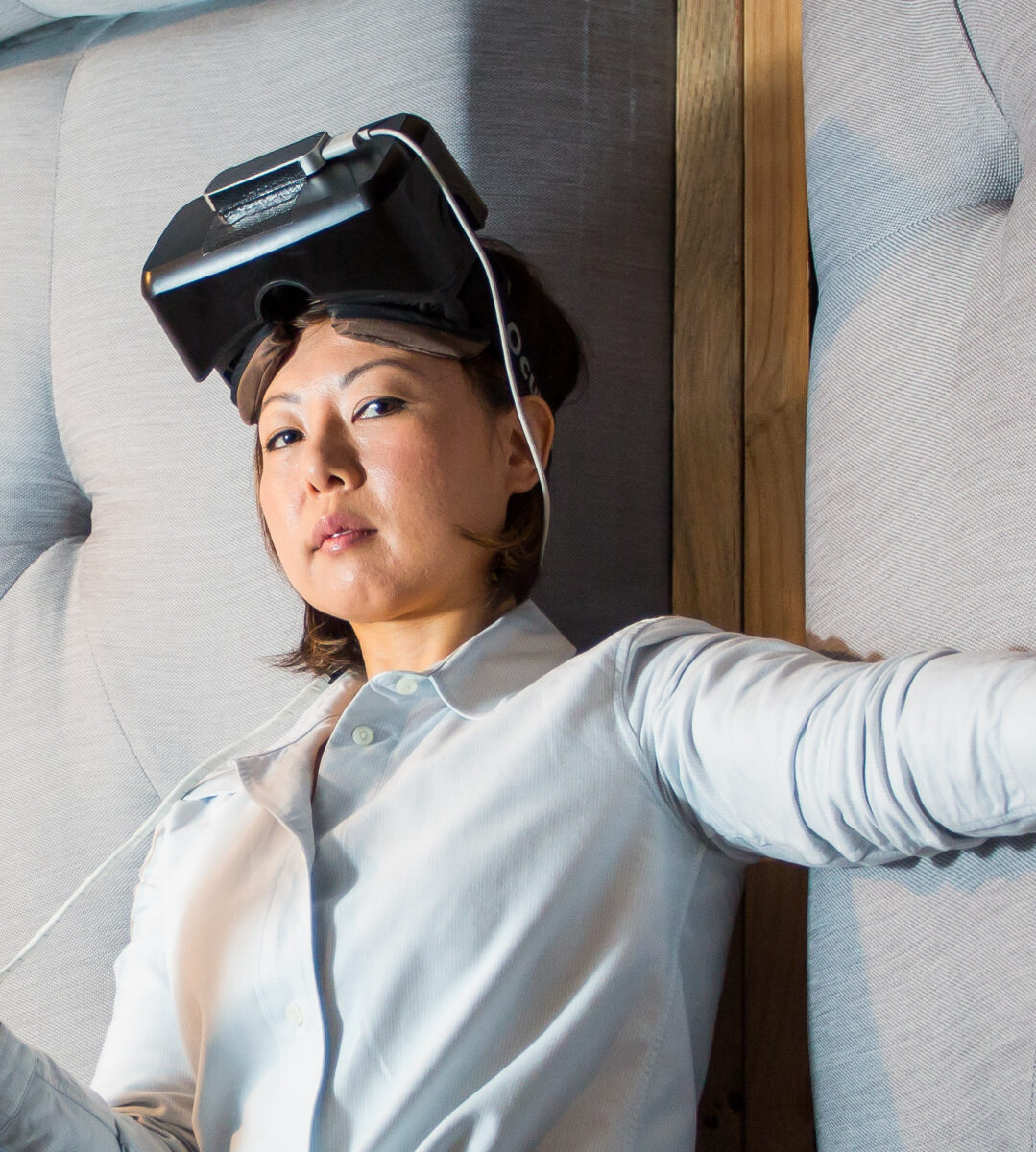
Exploding traditional ideas of leadership
Front & Centre Arts Leadership Program
Monique Choy
When people are feeling safe, they are empowered to speak up about what matters to them, what is meaningful to them, what is passionate to them.
Key Concepts for Diversifying Leadership
Styled as a ‘leadership program for non-leaders’, Front & Centre works with creative women and nonbinary people with disability or who are d/Deaf.
Central to the program is a total reimagining of the concept of leadership, both as a cultural construct and personal aspiration.
While much of the program focuses on building individual leadership skills, organisations can take impactful steps to increase diversity in leadership. Program designer Judith Bowtell offers her key strategies:
- Explode Leadership Cliches: It’s easy to slip into a narrow view of who can be a leader (perhaps ‘pale, male and stale’), because that’s the model we see around us. But leaders from different backgrounds bring much-needed diversity in skills, experience and knowledge to the role.
- Look Beyond the Usual Suspects: Decision-makers commonly complain that there are no diverse candidates for leadership roles but, ‘often they’ve got a brilliant culturally and linguistically diverse person right there on staff, who just may not have all the traditional markers of leadership like a Bachelor’s degree or a Master’s degree.’
- Affirm Potential Leaders: Sometimes we need to hear it from someone else to believe it. ‘That first step of somebody else saying, “I think you should do this program, because you have the potential to be a leader”.’
- Be Interested and Supportive: Once you’ve recommended someone for a leadership role or program, support them. ‘Say, look, you’ve got this, I trust you. I believe in you.’ Support also means opportunities to check in, debrief, roleplay and reality check.
- Consider Shared Models: Cooperative or collaborative models can make leadership roles far more accessible to diverse groups. With supportive networks and mentoring strategies, leadership doesn’t have to be about ‘the hero going into the wilderness’ alone.
‘White, male and stale’
Front & Centre program designer Judith Bowtell says there’s a reason 97% of Australian leaders are Anglo Celtic or European (according to 2018 Australian Human Rights Commission figures) – it’s because our model of leadership is very narrow. ‘White, male and stale, that’s our leadership model,’ she says.
She believes that traditional ideas of women in leadership are often focused on the ‘soft skills’ of listening, team-building and caring, while men are associated with strategy, direction and power plays. ‘If people talk about feminine models of leadership, it’s really about picking up those emotional caretaking roles,’ she says. ‘So I wanted to explode that by looking at leadership from different points of view that would be more accessible, and inclusive.’
Key components of the program are self-compassion and values alignment. Participants are encouraged to develop emotional self-management skills and positive self-talk; to set healthy boundaries, stand up for what they believe in and develop resilience for times of challenge.
Eugenie Lee, an Australian Korean interdisciplinary artist who lives with persistent pain, participated in the pilot program. ‘It changed my life, it changed my career,’ she said. Judith encouraged her toward self-analysis. ‘She gently forced me to think really deeply into my own practice, and who I am as a woman, as an Asian woman, a disabled person, and what that really meant to me.’
‘I still have a long way to go but now I have skills to support myself whenever I fall into the spirals of guilt and perfectionism,’ she says.
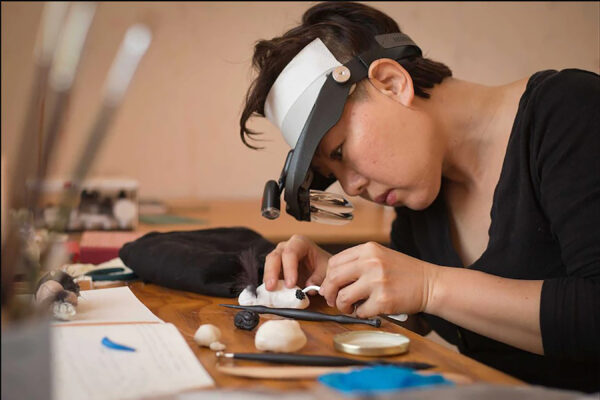
Internal and external support mechanisms
Bowtell has no illusions about the forces of exclusion that impact diverse leaders. ‘Sexism, racism and homophobia, you name it, it’s all there,’ says Bowtell. ‘It’s external to us, but we’ve also internalised that. So you need internal support systems and you need external support systems, because we’re working in a system which is not for us.’
One of the key skills of leadership is the ability to create a safe space within yourself. ‘The hardest thing is understanding how to manage yourself when you’re up against a panel of white, able-bodied men or women who are out to intimidate you to protect themselves,’ she says. ‘You must learn how to be safe in these spaces. So you’re not focused on protecting yourself in that space, withdrawing from it. You can be open in that space and be attentive to what’s going on.’
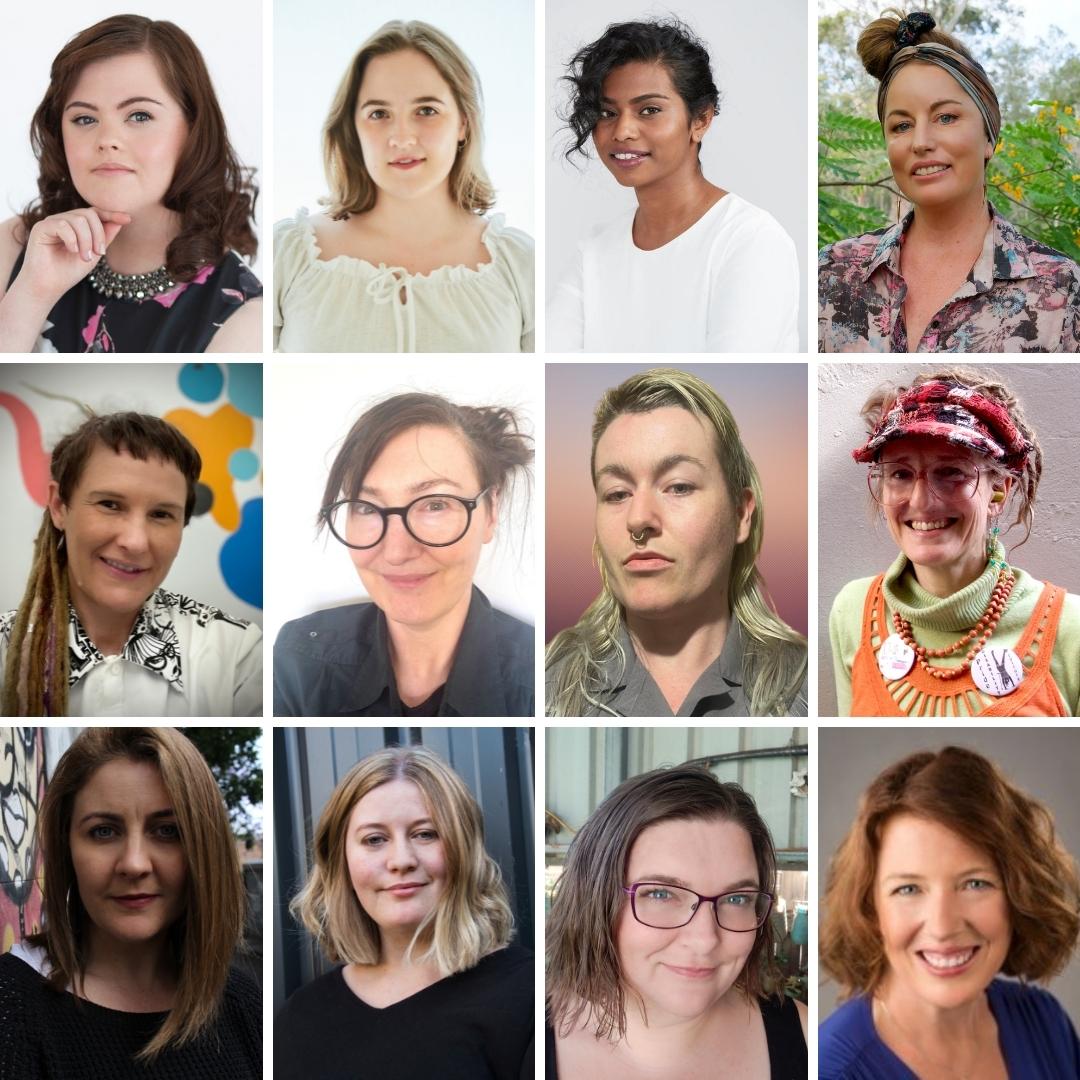
Alongside this internal confidence, it’s important to put external supports in place. ‘You also have somebody with you who can listen so people can’t gaslight you later,’ she says. ‘Somebody you can debrief with afterwards, somebody you can roleplay with beforehand, so you go in prepared. That’s your external support system.’
Strength-based and trauma-informed
The program recognises that experiences such as trauma, anxiety and discrimination can make stepping into leadership roles far more complex for marginalised communities. ‘I encourage people to stay in their comfort zones within their internal safe spaces,’ says Bowtell. ‘Because once we step out of them, we start to trigger a whole lot of anxiety and for somebody who’s experienced trauma, that’s not a great place to be.’
Conversely, safe spaces encourage strong leadership, according to Eugenie Lee. ‘When people are feeling safe, they are empowered to speak up about what matters to them, what is meaningful to them, what is passionate to them,’ she says.
Shared models of leadership
Front & Centre also explores shared models, such as communal and cooperative structures, which can make leadership more accessible. According to Bowtell, there are ‘ways that you can do things that are not just the ‘hero going into the wilderness’ model, but actually are about working together for change as well.’
Front & Centre is developing an alumni network that will include 50 women and nonbinary creatives living with disability, ‘they’ll have each other’s back’.
Project outcomes
Overall satisfaction with the program ranked 100% on participant responses. At the start of the program, no participant had a goal of taking on a board role, while at the end, 65% listed this as a goal, and some had already joined one. Others set their sights on different leadership roles. ‘Many of the women have been exploring setting up their own companies, developing their own projects, applying for bigger and more complex grants, fellowships, and residencies. And getting them,’ says Bowtell.
The 2019-20 pilot was produced by Judith Bowtell of Albany Lane Consulting in partnership with Accessible Arts NSW, with support from the Investing in Women Funding Program of the NSW Government. It was extended to a three-year national program (2021-24) with the support of the Office for Women, Department of Prime Minister and Cabinet.
This case study was made possible by the support of Create NSW.
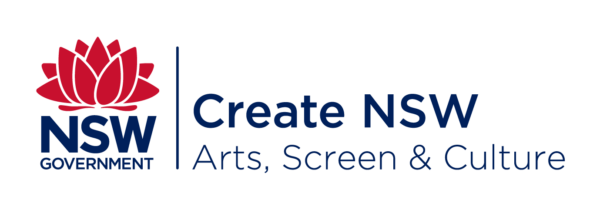
Monique Choy Consultant
Writer, editor, researcher and all-round geek, Monique has worked as a web publisher for the Australian Broadcasting Corporation, a communications officer for the United Nations Development Programme in Sri Lanka and the Maldives and as a children’s fiction writer for Hinkler Books. She is an author of six Lonely Planet travel guidebooks, the interactive fiction The Last Laugh and has worked with dozens of other organisations, including Information Cultural Exchange, the Arab Film Festival Australia, the Australian Museum and the University of Western Sydney.
With a mixed heritage of Hong Kong Chinese and Anglo cultures, Monique is excited by the potential of the arts to sharpen our understanding of our glorious diverse culture and to draw on it to create something truly new and truly Australian.
What is the Imagine Project?
We’re publishing case studies and documenting Australia’s best work in advancing cultural diversity and racial equity and inclusion in the arts through the Imagine Australia Project, managed by Diversity Arts Australia (DARTS) and funded via the Australia Council’s Re-Imagine project and supported by Creative Equity Toolkit partner, British Council Australia. To find out more click below – or read the other case studies as they go live here.

